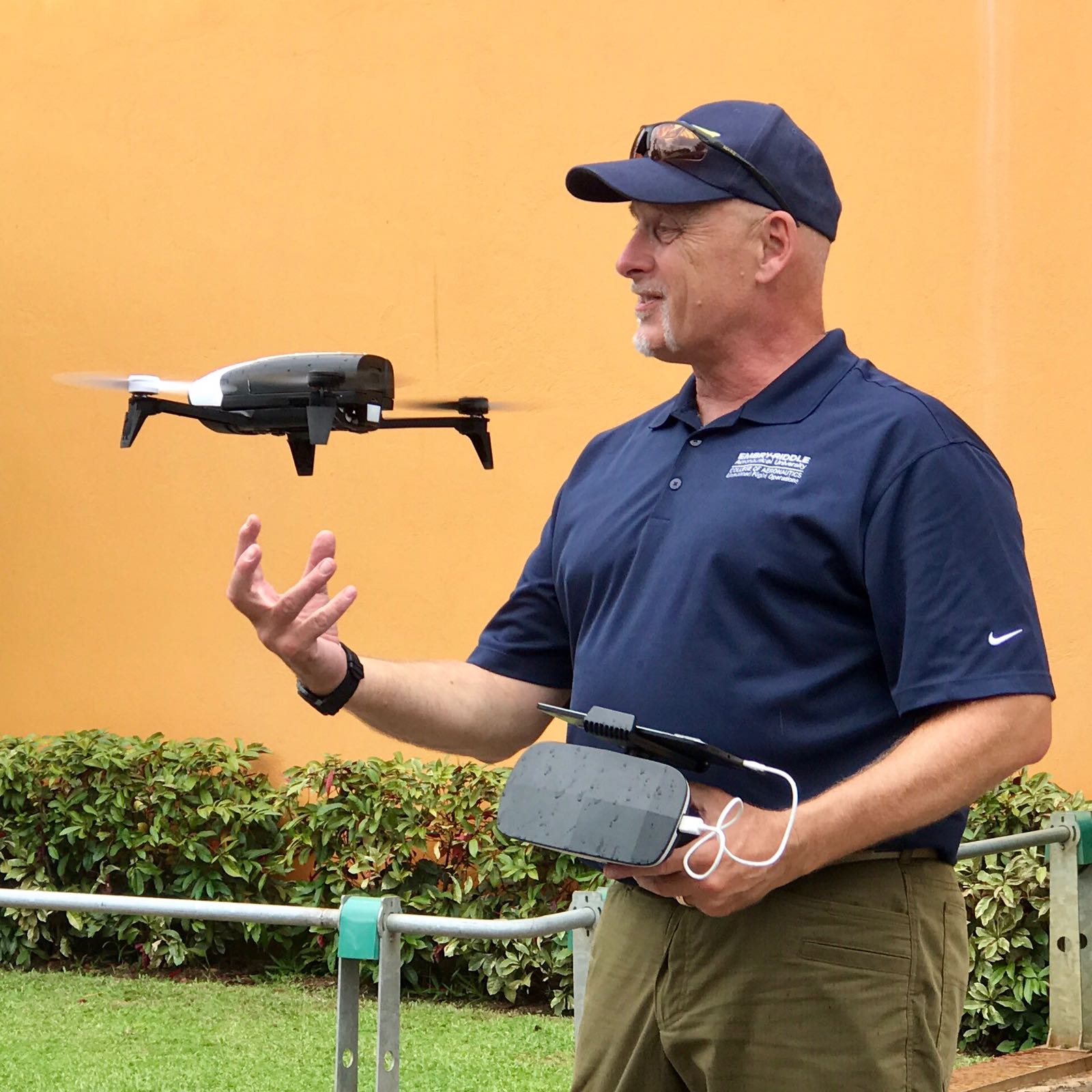Course Detail: SUAS-6000 - Airworthiness Certification of Uncrewed Systems [SUAS 6000]

Overview
Embry-Riddle Aeronautical University (ERAU) prepares you to step into the exciting world of Uncrewed Aircraft Systems (UAS) in Airworthiness Certification of Uncrewed Systems. The explosive growth of Uncrewed Aircraft Systems (UAS) across the globe has created expansive growth in the numbers of UAS systems, operators, and pilots across the globe. In prior years, this growth was mostly unregulated and uncontrolled. Much like UAS's bigger brother, manned aircraft, standards and certification efforts are to ensure public safety.
ERAU's Airworthiness Certification of Uncrewed Systems features an in-depth examination of existing airworthiness certification processes and application to the emerging field of uncrewed aircraft systems. Course content explores basic UAS applications, the history of UAS, airworthiness standards, certification organizations, airworthiness requirements, and UAS type certifications. Students complete a Small Uncrewed Aerial Systems (sUAS) certification project of their choosing.
This course awards 2 Continuing Education Units (CEU) upon completion.

Who Should Attend
- Domestic and International UAS owners and operators
- Engineers, administrators, managers and certification specialist from airlines, aircraft maintenance organizations, and maintenance repair and overhaul organizations.
- Government and non-government agencies
- Managers and engineers from civil aviation authorities and regulators.
Course Objectives
Upon completing the course, students should be able to:
- Summarize the history of UAS
- Outline the various UAS applications and classes
- Define a UAS
- Define airworthiness
- Recognize airworthiness safety standards
- Locate airworthiness standards criteria
Course Information
This is an online asynchronous instructor facilitated course with weekly modules and assignments, but no scheduled meeting times. Students should plan to spend approximately 10-15 hours per week working through the course. Coursework is web-based with no additional software required, although a reliable internet connection is recommended. All courses open 48 business hours in advance of each start date, and must be completed by their scheduled end dates. Digital certificates are available upon successful completion of individual courses. Printed certificates are mailed only upon completion of a full certificate program.

 Cart (0)
Cart (0)